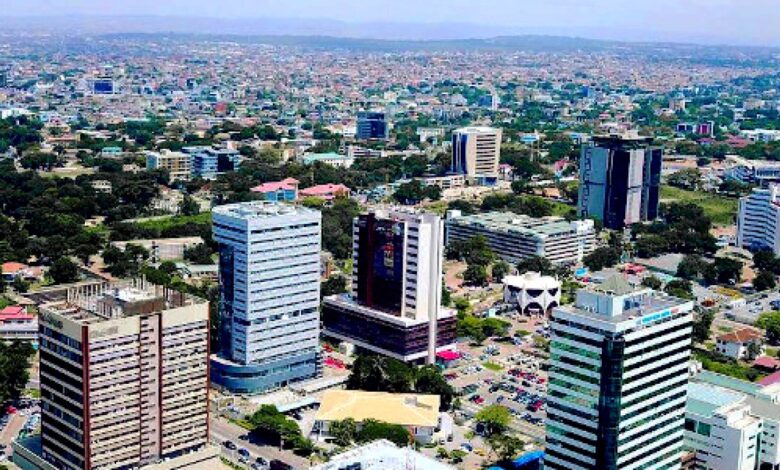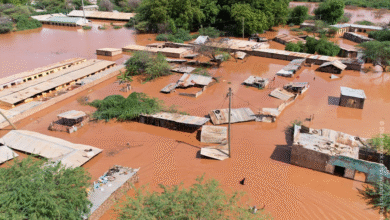Ghana Rated ‘Robust’ on Climate Resilience, But Funding Gaps Threaten Progress

Ghana has emerged as one of Africa’s better performers in a new global ranking that measures how well countries are preparing their economies to withstand the growing impacts of climate change.
According to the Resilient Economies Index released by the Global Center on Adaptation (GCA), Ghana received an overall rating of “Robust”, reflecting solid progress in climate policy and planning. However, the report warns that the country’s limited access to funding could slow down real-world implementation of its adaptation plans.
Ghana’s Climate Resilience in Focus
The report evaluates countries across three key areas: economy, policy, and finance, to determine how well they are building climate-resilient systems. Ghana scored “Pioneering” for its economy, “Robust” for policy, and “Consolidating” for finance.
In essence, Ghana is performing strongly in setting national goals and aligning economic growth with climate resilience. Its “Pioneering” economic score places it among the few African countries actively embedding climate adaptation into national development priorities. This includes efforts to safeguard agriculture, strengthen renewable energy, and reinforce climate-smart infrastructure.
Ghana’s “Robust” policy rating also points to its comprehensive institutional readiness. Over the last decade, the country has rolled out multiple frameworks and strategies aimed at tackling climate threats, from national adaptation plans to sustainable energy and water resource management policies.
Yet, the “Consolidating” score under finance remains a cause for concern. Despite a clear policy direction, Ghana’s capacity to fund adaptation measures is limited. The report attributes this to high public debt, constrained fiscal space, and difficulties accessing international climate funds.
Standing Tall in West Africa
Within the West African sub-region, Ghana’s performance stands out. Neighbouring economies such as Nigeria and Côte d’Ivoire scored lower overall, reflecting slower progress in mainstreaming climate resilience into national development. Ghana’s strong policy base and emerging financing systems give it a competitive edge.
However, the report notes that East African countries, including Kenya and Uganda, are setting the continental pace. These nations earned “Pioneering” scores across all three areas, combining strong climate governance with innovative local financing mechanisms. Ethiopia, Tanzania, and Malawi also earned high marks for integrating adaptation into their economic and policy frameworks.
At the other end of the spectrum, countries like Liberia, Guinea-Bissau, and Djibouti remain at the “Foundational” stage, still working to establish basic structures for climate resilience.
The Big Challenge: Turning Ambition into Action
The GCA report identifies a growing “ambition-action gap” across Africa. Many nations, Ghana included, are developing strong policies but struggling to secure the funds needed to make those policies work in practice.
While Ghana has demonstrated leadership in climate planning, actual project implementation remains underfunded. The report notes that domestic budget constraints, coupled with slow access to global climate finance, continue to limit impact on the ground.
Building the Future of Resilience
For Ghana, the path forward is clear: turn strong policy into tangible results. This will require improving coordination across ministries, expanding partnerships with private investors, and leveraging international funds to support local adaptation projects.
Experts say Ghana’s experience mirrors Africa’s broader challenge. The continent has no shortage of vision or ideas, but a persistent shortage of finance to match them.
The Resilient Economies Index makes one thing clear: while Ghana’s direction is right, sustaining progress will depend on mobilizing the resources needed to build a truly climate-resilient future.




